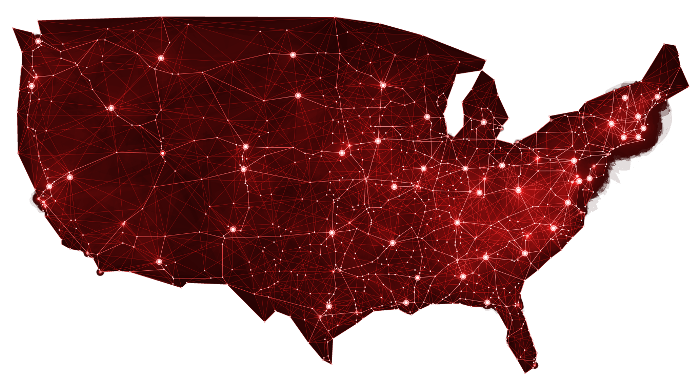Continuing with our series of franchising terms and definitions, today we’re talking about exclusivity and exclusive territories.
Exclusive Territory
 When talking about exclusive territories in franchising, it typically refers to the geographic area or domain in which a franchisee can operate their business. This means no other franchised or company-owned outlet can operate in that area.
When talking about exclusive territories in franchising, it typically refers to the geographic area or domain in which a franchisee can operate their business. This means no other franchised or company-owned outlet can operate in that area.
However, the franchise may include a clause that states if the market can support another franchise owner, then the current franchisee gets first right of refusal – meaning they have the first opportunity to open another franchise in that area. If they decline, then the franchise can put a new owner in that area.
Each franchisee is designated an exclusive territory to operate in, and has exclusive marketing rights to potential customers in the specified region. Multi-unit franchise owners have multiple locations, and thus a larger exclusive territory to market their business. A multi-unit owner can typically cross-market to different geographic regions, as long as they are owned by the same franchisee.
Assigning specific exclusive territories to each franchisee helps ensure equal opportunity among all franchisees. But not all markets are the same. Some markets are larger than others, and thus have more potential. For this reason, franchisees in smaller markets may have a larger geographic area, yet still have the same amount of residents or potential as a franchisee in a more populated area.
Exclusive rights vary depending on each franchise. For example, in some franchise models the franchisee may have exclusive rights only where his or her location stands, and no more. But, most franchise models divide up territories based on city, state or even zip code.
We help businesses start new franchises, and well-established franchises grow to the next level. If you have any questions about franchising, give us a call. We offer a free initial consultation.


